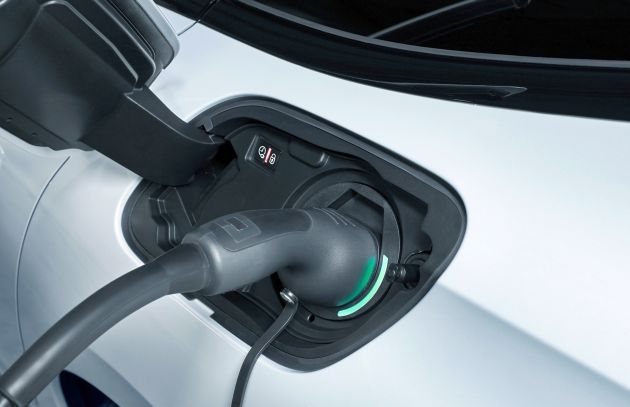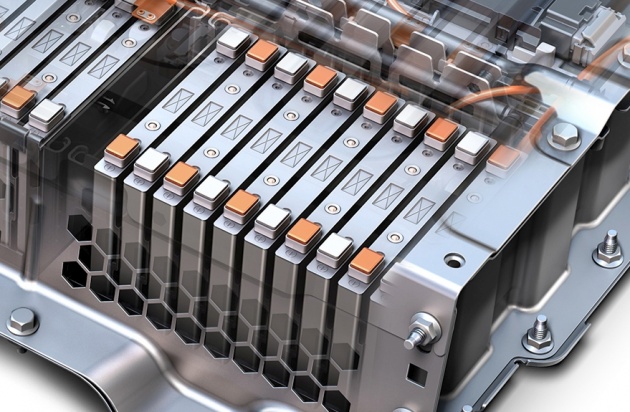Indonesia is looking to push the adoption of pure electric vehicles (EV) by raising the tax for plug-in hybrids. The new regulation, which will only apply to locally-assembled vehicles, was announced by the country’s finance ministry earlier this week, Bloomberg reports.
The move is aimed at encouraging automakers to build EVs in the country instead of hybrids. Battery-powered EVs will continue with a 0% luxury tax rate, while plug-in hybrid vehicles will see their tariff increase from 0% to 5%. Full and mild hybrids will also see a tax increase, will a new rate of 6%-12% compared to a previous range of 2%-12%.
The government is hoping that the tax increase for PHEVs will allow carmakers to price EVs more competitively against hybrids, which are cheaper to manufacture. “Investors who will build electric cars in Indonesia feel that they are not competitive enough because the tax rate is not differentiated from plug-in hybrids,” finance minister Sri Mulyani Indrawati said.
Higher rates for hybrids are planned in the future. These will come into effect two years after the battery-powered EV sector realises investments of 5 trillion rupiah (RM1.43 billion), or when it starts commercial production with an investment of the same amount. After this, PHEVs will be taxed at a rate of 8%, while other hybrids will see a tariff of 10%-14%, according to the draft of the new regulations.
The initiative is part of a larger plan by the country to meet its ambition of becoming a global EV battery hub. The country wants to expand its role as a major source of nickel, which is used in batteries for electrified vehicles, to producing other components as demand for greener transport skyrockets globally.
However, despite the push, it remains to be seen if there will be significant take-up of EVs, both from a manufacturing and consumer viewpoint. Only 120 electric vehicles were sold in the country last year, about a tenth of the sales of hybrids, according to industry data. Lawmakers from various parties have also expressed reservations about the move, saying it might be premature to hike taxes.
Proponents are using emissions as a plus factor in making the switch to cleaner motoring, in addition to the economic impact of such a move. “Indonesia can have more opportunities to become a big player in electric vehicles. Battery-powered EVs have more impact to reduce gas emissions rather than hybrid ones,” said Febrio Kacaribu, head of fiscal policy at the finance ministry.
Indonesia has committed to reduce its emissions by at least 29% by 2030 under the Paris Agreement. At present, about 30% of the country’s total emissions comes from the transport sector, with land transport making up the bulk of it.
The country has previously stated its intent to mass-produce fully electric vehicles by 2025 in a bid to reduce greenhouse gas emissions, and said it was aiming to churn out at least 19,000 EVs and 750,000 electric motorcycles by then.
The post Indonesia looking to push assembly and adoption of pure EVs by raising taxes on PHEVs and hybrids appeared first on Paul Tan's Automotive News.




0 Comments